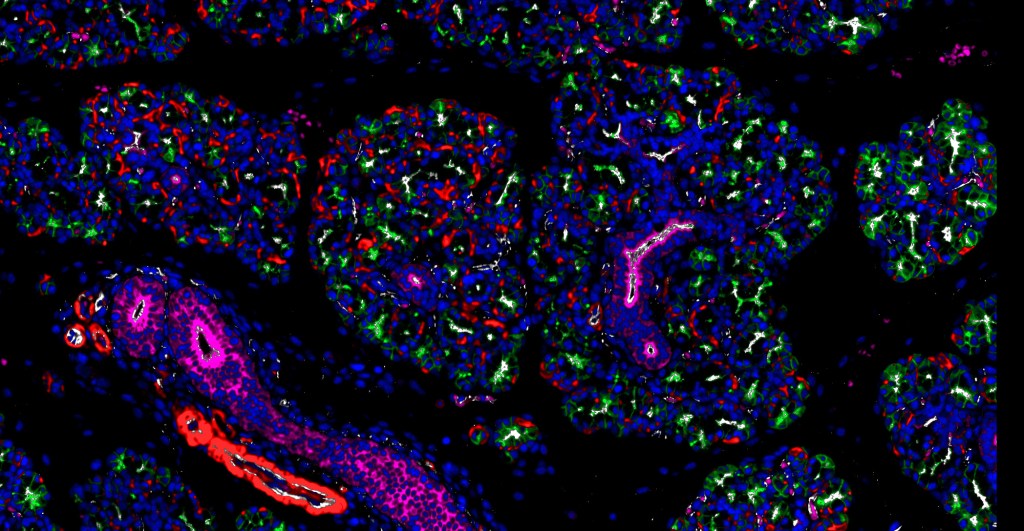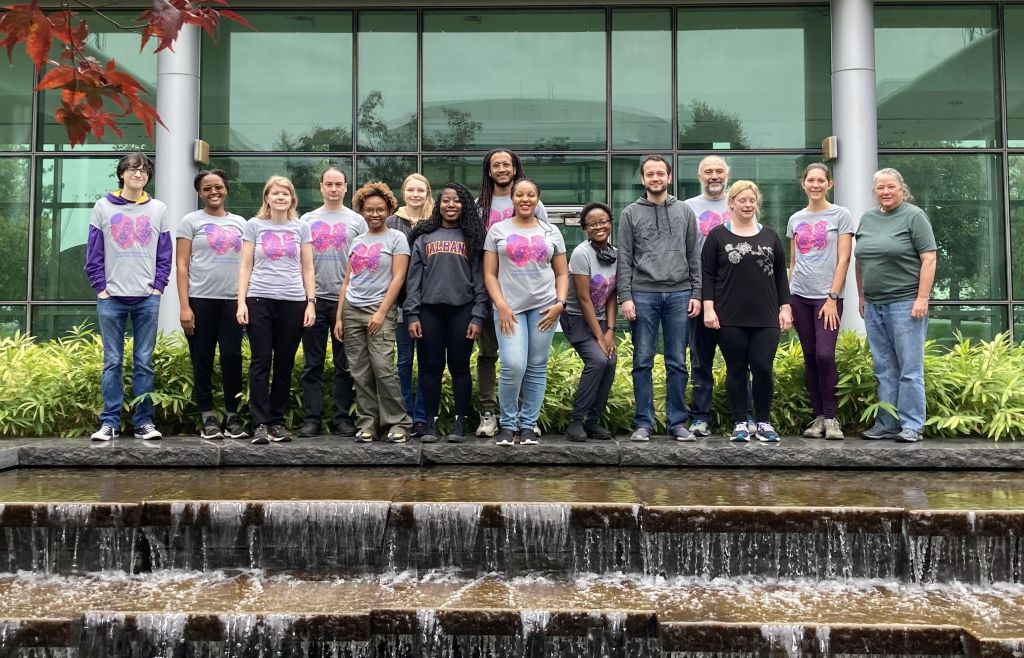
Regenerative medicine has the potential to restore function to aged, diseased, or damaged salivary glands. However, the field suffers from a fundamental lack of understanding of how the behavior of stem and progenitor cells is impacted by their stromal microenvironment, or niche, which is essential to understanding disease and to enable the design of therapeutics. My research focuses on defining the contribution of the microenvironment to tissue formation during development, tissue repair, and regenerative processes. Modulation of the extracellular matrix (ECM) is critical for both the evolution of structure and function of developing organs. The ECM is also critical for recovery from injury; however, when misregulated excess accumulation of ECM occurs, which is referred to as scarring, or fibrosis. Fibrosis ultimately leads to loss of organ function in many diseases of the salivary glands and in almost all other organs. The overarching hypothesis driving work in my lab is that stromal cell populations regulate organ development, maintain homeostasis in the adult and can be controlled to promote a regeneration-competent and healthy microenvironment in diseased and fibrotic salivary glands. To enable future discoveries of mechanisms driving tissue formation and regeneration we are using organoids, which are miniature organs grown in a dish, to model developmental and processes and injury models to model disease states. We use genetic manipulations and analysis of molecular changes at the single cell level using RNA sequencing in single cells and protein analysis to define mechanisms. Improving our basic understanding of tissue formation and tissue repair will inform regenerative medicine strategies to restore function in patients suffering from reduced salivary gland function and other diseases.




